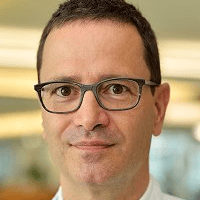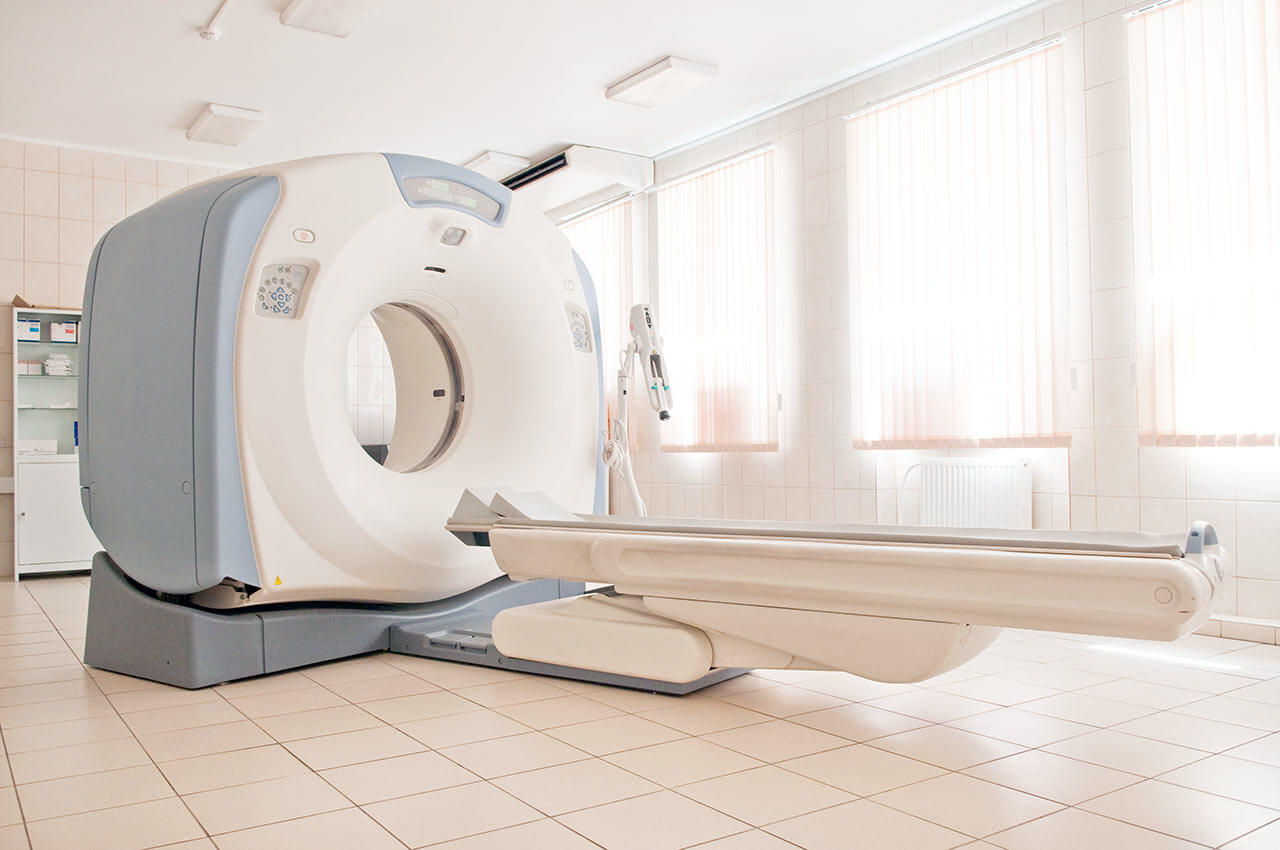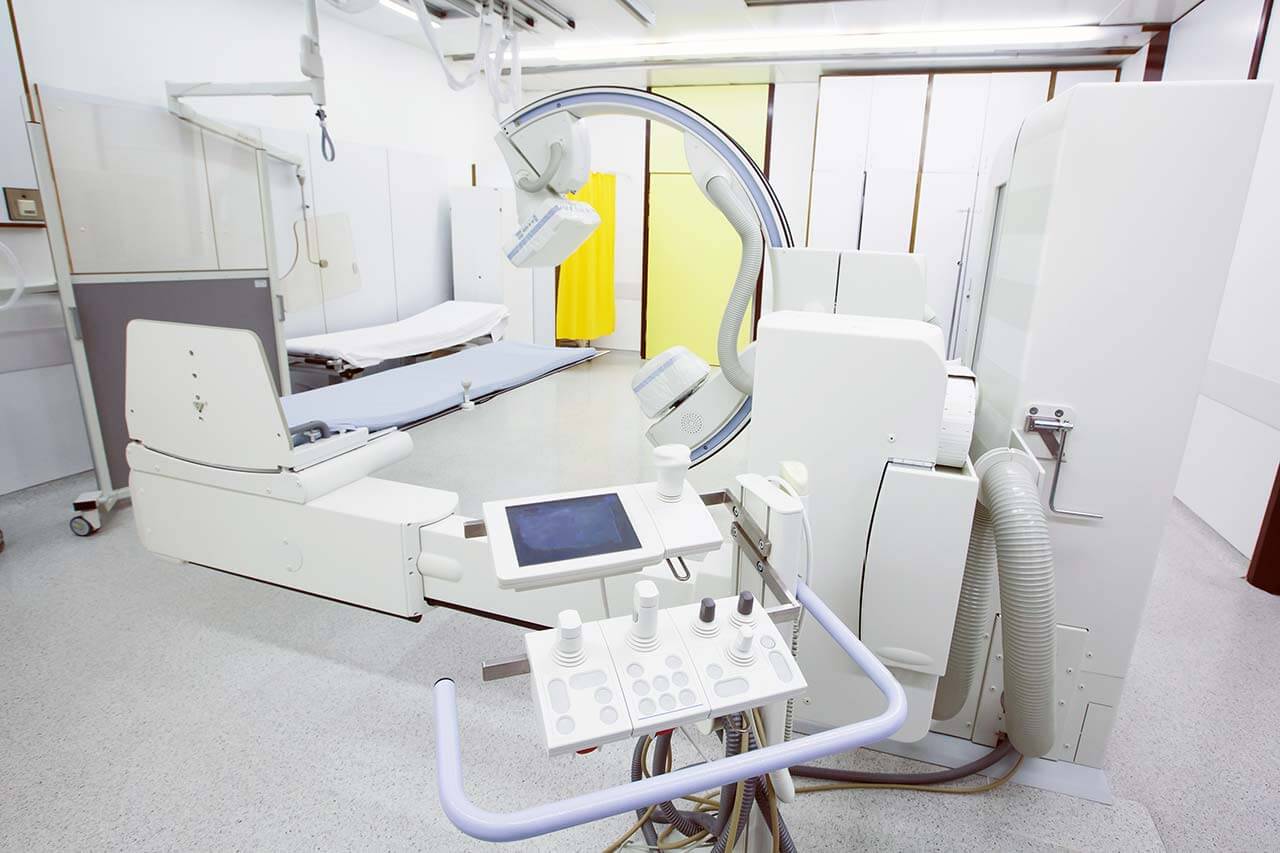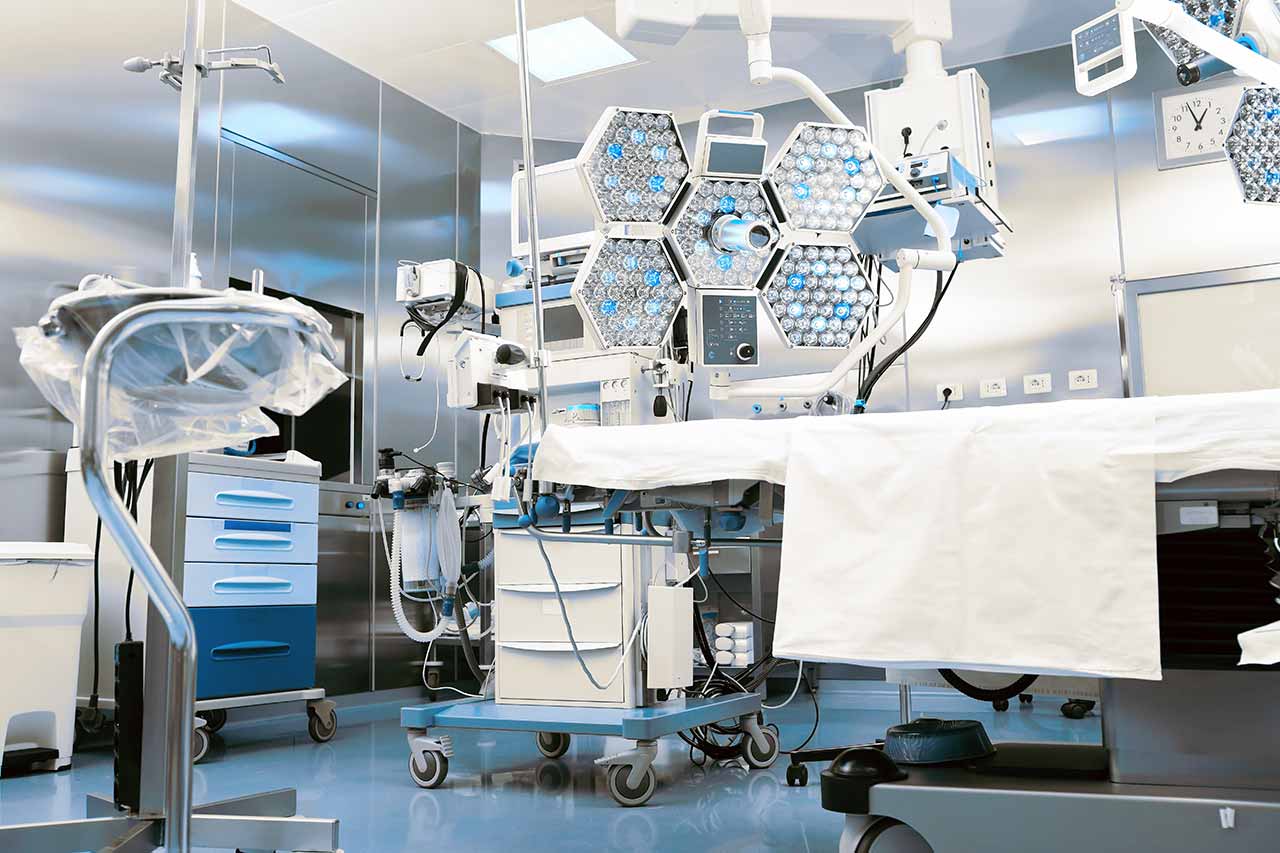
The program includes:
- Initial presentation in the clinic
- clinical history taking
- review of medical records
- physical examination
- laboratory tests:
- complete blood count
- general urine analysis
- biochemical blood test
- inflammation markers (CRP, ESR)
- blood coagulation analysis (aPTT, PT, INR)
- tumor markers
- CT/MRI examination
- spinal tap with CSF analysis
(if indicated clinically, additional cost is 1500€) - biopsy with histological and immunohistochemical study
(if indicated clinically, additional cost is 2500€) - nursing services
- treatment by head doctor and all leading experts
- explanation of individual treatment plan
Required documents
- Medical records
- MRI/CT scan (not older than 3 months)
- Biopsy results (if available)
Service
You may also book:
 BookingHealth Price from:
BookingHealth Price from:
About the department
The Department of Adult and Pediatric Neurosurgery at the University Hospital Freiburg offers the full range of surgical treatment of diseases of the brain, spine, spinal cord and nerves in adults and children. The department is headed by Prof. Dr. med. Jürgen Beck.
The department keeps pace with new trends in medicine, as well as contributes significantly to their development. Therefore, the most modern diagnostic and therapeutic methods are available here. An individual approach to each clinical case is crucial to ensure optimal treatment results with the preservation of all neurological functions.
The service range of the department includes:
- Stereotactic and functional neurosurgery
- Motor disorders (for example, Parkinson's disease, tremor, dystonia)
- Brain tumors
- Epilepsy (drug-resistant)
- Pain (drug-resistant)
- Drug-resistant mental disorders (for example, depression and obsessive-compulsive disorder)
- Epilepsy surgery
- Temporal lobectomy/topectomy
- Selective hippocampectomy
- Extratemporal lobectomy/topectomy
- Multilobectomy
- Hemispherectomy/hemispherotomy
- Vagus nerve stimulator implantation
- Presurgical epilepsy diagnosis
- EEG-video monitoring
- Structural and functional imaging
- Neuropsychological studies
- Wada test
- Diagnostics and surgical treatment of brain tumors (within the certified Neuro-Oncology Center)
- Gliomas
- Meningiomas
- Brain metastases
- Spinal surgery
- Minimally invasive and microsurgical decompression in lumbar intervertebral disc herniation
- Minimally invasive and microsurgical decompression in lumbar spinal stenosis
- Minimally invasive dynamic and rigid posterior stabilization (with Cage technique, if necessary) for the treatment of degenerative lumbar instability
- Microsurgical decompression, intervertebral disc prosthesis and fusion in cervical herniation and cervical stenosis
- Transthoracic microsurgical decompression and fusion in thoracic herniation
- Vertebroplasty/kyphoplasty, minimally invasive stabilization in osteoporotic subsidence
- Spinal fusion
- Dorsoventral resection (360°), stabilization in tumorous destruction of the spine
- Skull base surgery
- Surgical treatment of pituitary tumors
- Vascular neurosurgery (surgical treatment of vascular diseases of the brain and spinal cord)
- Subarachnoid hemorrhage
- Aneurysms
- Arteriovenous malformations
- Dural arteriovenous fistula
- Intracerebral hemorrhage
- Cavernomas
- Compression syndrome
- Pediatric neurosurgery
- Congenital malformations of the skull base (for example, craniostenosis)
- Congenital malformations of the brain and meninges (for example, arachnoid cyst, Chiari syndrome)
- Congenital malformations of the spine and spinal cord (for example, spina bifida)
- Hydrocephalus
- Oncological diseases
- Epilepsy
- Surgical treatment of movement disorders
- Parkinson's disease
- Various forms of dystonia
- Various forms of tremor
- Surgical treatment of peripheral nerve diseases (for example, carpal tunnel syndrome, Morton’s neuralgia)
- Surgical treatment of hemangioblastoma
- Surgical treatment of Von Hippel-Lindau disease
- Surgical treatment of other neurological disorders in adults and children
Curriculum vitae
- 1990 - 1991 Law studies at the University of Würzburg.
- 1991 - 1996 Medical studies at the Ludwig Maximilian University of Munich and Boston Harvard Medical School.
- 1998 Department of Neurosurgery at the Ludwig Maximilian University of Munich.
- 2000 - 2006 Institute of Surgical Research (Prof. Konrad Messmer), Working Group on Experimental Neurosurgery (Prof. Alexander Baethmann), Munich.
- 2000 - 2006 Medical Specialist Training, Department of Neurosurgery, University Hospital Frankfurt (Prof. Volker Seifert).
- 2006 - 2008 Medical Specialist and Senior Physician, Department of Neurosurgery, University Hospital Frankfurt, Venia legendi.
- 2008 Leading Physician and Deputy Head of the Department of Neurosurgery at the University Hospital Bern (Prof. Andreas Raabe).
- 2014 - 2018 Chief Physician of the Department of Neurosurgery at the University Hospital Bern (Prof. Andreas Raabe).
- From 04/2018 Head of the Department of Adult and Pediatric Neurosurgery at the University Hospital Freiburg (successor to Prof. J. Zentner).
Important Focuses
- Tumor microneurosurgery, including intraoperative monitoring, awake surgery, skull base surgery, pediatric neurosurgery.
- Vascular neurosurgery, diagnosis and therapy of vasospasm.
- Pituitary surgery, 3D endoscopy.
- Spinal microsurgery.
- Treatment of cerebrospinal fluid hypovolemia syndrome.
Publications:
- 128 Original articles in scientific journals.
- Participation in 9 collective monographs.
- 5 Reviews.
- 3 Short contributions.
- Collaboration in clinical trials (4).
Memberships
- Representative of the section on intracranial pressure, hydrocephalus and cerebral blood flow of the German Society of Neurosurgery (DGNC).
- Reviewer of the internationally renowned scientific journals on neurosurgery.
- Reviewer of numerous research projects.
- University Lecturer (Dozent).
Photo of the doctor: (с) Universitätsklinikum Freiburg
About hospital
The University Hospital Freiburg is famous for its rich history and is one of the oldest and most prestigious medical facilities in Germany (one of the three best medical institutions in the country). The hospital was based on the Faculty of Medicine of the Albert Ludwig University of Freiburg, which celebrated its 550th anniversary in 2007. It should be noted that the hospital is proud of its world-renowned specialists, many of whom during their work here have become Nobel laureates.
The medical facility represents all fields of modern medicine. It consists of 42 departments, 11 institutes and 10 interdisciplinary centers. The highly qualified doctors of the hospital deal with the treatment and rehabilitation of patients with both common and rare diseases. All departments and institutes of the hospital take an active part in fundamental researches of international scale, due to which patients have access to the very latest achievements of medicine, advanced diagnostic methods, state-of-the-art medical equipment and proven effective methods of therapy.
The hospital has a variety of medical achievements, for example, the world's first TIPS procedure, the first implantation of the Jarvik-2000 artificial heart in Europe, the first robotic-assisted surgery on the brain, and the first combined cardiopulmonary transplantation in the land of Baden-Württemberg. In 2004, the University Hospital Freiburg became the first German hospital, which performed kidney transplantation in the incompatibility of blood groups. At the moment, the hospital belongs to medical centers with the greatest experience in performing such an operation.
An interdisciplinary approach to treatment, highly qualified staff, as well as individual patient care and a pleasant environment are key to the hospital’s success.
Photo: (c) depositphotos
Accommodation in hospital
Patients rooms
The patients of the hospital are provided with comfortable rooms with a pleasant design, which create a conducive atmosphere for recovery. The standard furnishing of the patient room includes a telephone, a free radio and TV, a device for calling medical staff, lockers and a safe, an adjustable bed, a chair and a table. The pediatric departments are designed with play areas. The patient may be accommodated in a single or double enhanced-comfort room (for example, with an ensuite bathroom) at an additional cost.
Meals and Menus
The patients are offered good three meals a day with a large selection of dishes. The patients inform about their wishes to the menu in advance, and this information is transmitted to the kitchen. Throughout the day, patients may drink mineral water and tea, which can be found in the department on special tables. The bedridden patients receive drinks from the nursing staff. Other drinks may be purchased at the hospital’s cafeterias and bistro, where patients can come along with visitors.
If you do not eat some products due to intolerance or other personal reasons, please notify the nursing staff in advance, so that all your wishes to be taken into account when preparing the menu.
Further details
Standard rooms include:
Television
All patient rooms have a free radio and TV. The patients can also watch the hospital’s own 24-hour channel with a varied program and interesting information.
Accompanying person
At the availability of free beds, the accompanying person may be accommodated in the same room with the patient, at an additional cost. In addition, the hospital offers special accommodation conditions for patients requiring long-term hospitalization. Parents have at their disposal special apartments in the children's hospital.





